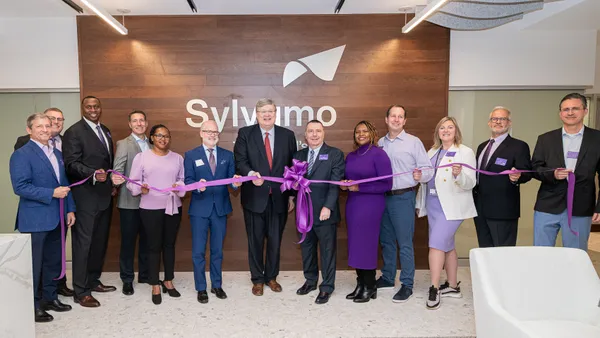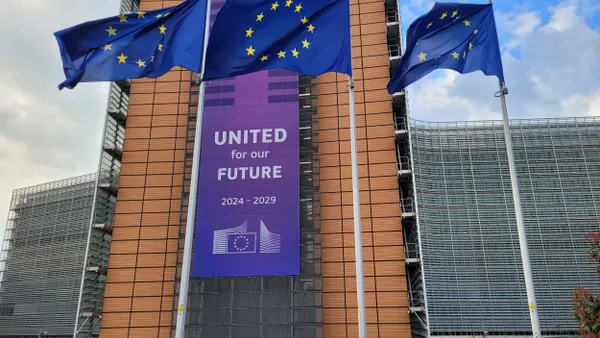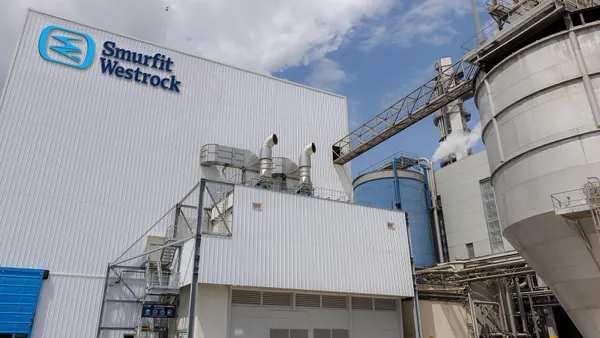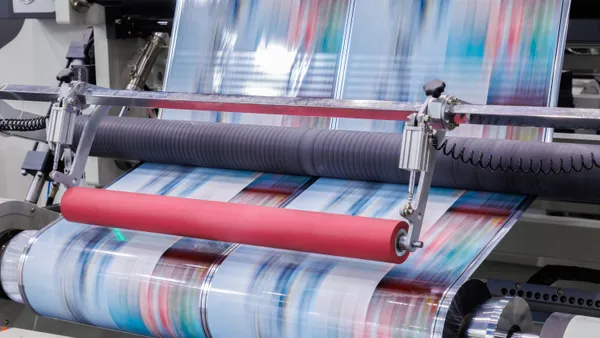- Destocking and cost pressures easing: Executives on Tuesday’s earnings call repeatedly noted their “value over volume” strategy in the face of ongoing economic uncertainty. Some customer destocking issues remained in Q1, but are lessening. Costs for inputs such as materials, energy and transportation are leveling out from their high points in past quarters. For example, execs said the price of polypropylene spiked in Q1 but is normalizing.
- Volumes shift: Executives explained that inflationary pressure is affecting consumer purchasing behaviors, and “people are choosing to get their calories at a lower cost,” said CEO Michael King. Consumers balancing their food spending has led to a deprioritization of certain products, such as bakery items, as well as a move toward eating at home more and opting for fast food over sit-down dining. “The good news for us is ... we don't lose the volume when the consumer trades down,” King explained, noting that consumers simply “shift the channel in which they consume, and largely our products are channel agnostic.”
- Closures: Executives offered more details about previously announced closures of a Canton, North Carolina, paper mill and an Olmsted Falls, Ohio, converting facility, noting confidence in closing both facilities by June. “We've also taken steps to support a smooth transition of our paperboard supply to avoid disruption to our customers and our remaining operations,” King said.
- Restructuring: The company also “progressed the review” of strategic alternatives for its mills in Pine Bluff, Arkansas, and Waynesville, North Carolina, but it does not have a definite timeline for taking action at those sites. The moves are elements of the company’s greater beverage merchandising restructuring, part of which involved implementing a new management and operating structure as of April 1. A key restructuring goal is to reduce capital costs and position the company for profitable growth, King said.
- Looking ahead: Executives expect volumes and adjusted earnings before interest, taxes, depreciation and amortization to improve in Q2 due to seasonality and therefore upped the projected adjusted EBITDA to $775 million to $800 million for the full year 2023. The company will incur restructuring charges, but “we expect the beverage merchandising restructuring plan will put us in a better position to generate free cash flow and accelerate our deleveraging path in 2024 and beyond,” King said.

Pactiv Evergreen gives updates on restructuring and shifting consumer spending
Previously announced facility closures that are part of a restructuring initiative now are expected to occur in June.
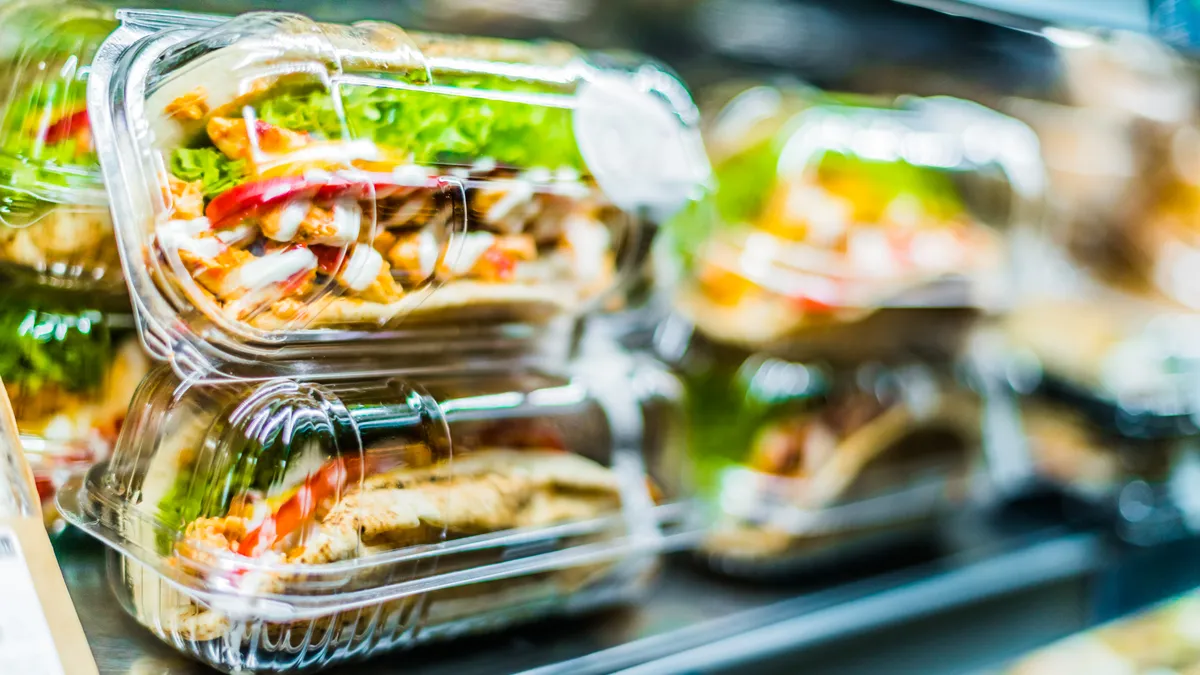
Recommended Reading
- How packaging manufacturers fared in Q1 By Packaging Dive Staff • Updated May 10, 2023










